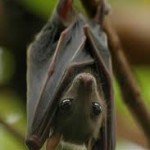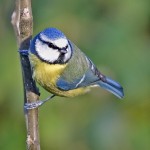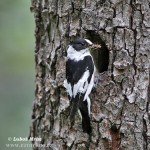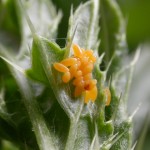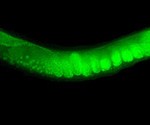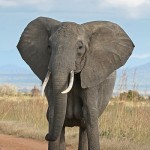Prey animals are capable of assessing their surrounding environment for any potential threats to their safety. Many can form associations between an environmental event and their own response to the event. Other members of the same species have “the capacity to glean information … Continue reading
-
Recent Posts
Recent Comments
- Elyapimitablo on A Day in the Life of the Red- Throated Loon, Gavia stellate
- موزیک وب on Sibling signaling in barn owl nestlings
- Abbe Osicka on Canada Goose Vocalizations
- Gary Maier on Why do territorial white rhinos kick their dung? A cost/benefit analysis of kicking excrement
- Michael DiGiorgio on Eastern Whip-poor-will Vocalizations
Archives
- February 2026
- April 2025
- February 2025
- January 2025
- June 2024
- May 2024
- August 2023
- May 2023
- January 2023
- August 2022
- July 2022
- May 2022
- April 2022
- March 2022
- February 2022
- May 2020
- March 2020
- December 2019
- November 2019
- October 2019
- September 2019
- February 2019
- May 2018
- February 2018
- January 2018
- December 2017
- November 2017
- October 2017
- September 2017
- June 2017
- May 2017
- April 2017
- March 2017
- December 2016
- November 2016
- October 2016
- September 2016
- August 2016
- July 2016
- June 2016
- May 2016
- April 2016
- March 2016
- February 2016
- December 2015
- November 2015
- October 2015
- September 2015
- August 2015
- July 2015
- June 2015
- May 2015
- April 2015
- March 2015
- February 2015
- January 2015
- December 2014
- November 2014
- August 2014
- July 2014
- June 2014
- May 2014
- April 2014
- March 2014
- February 2014
- December 2013
- November 2013
Categories
Meta

